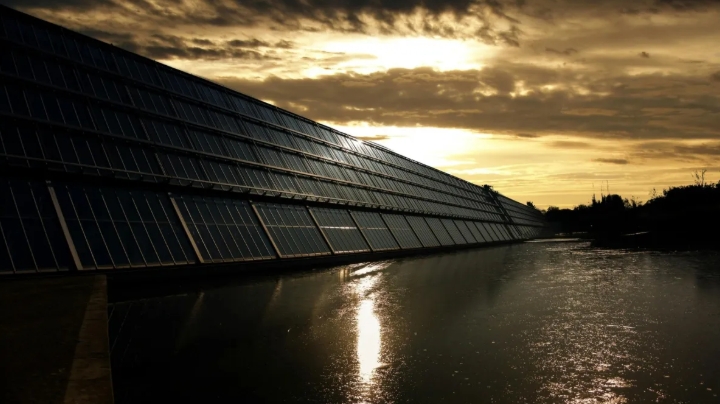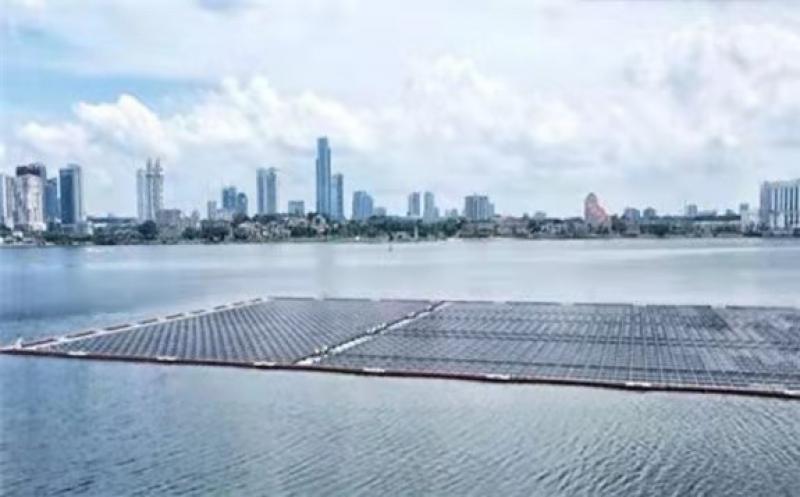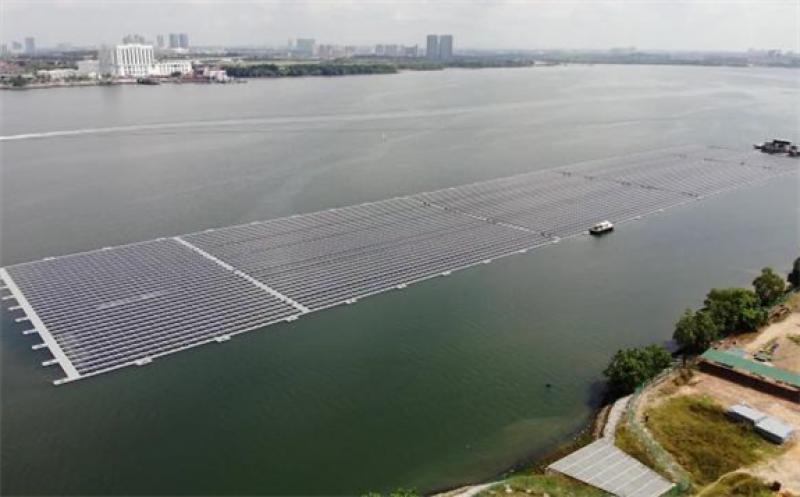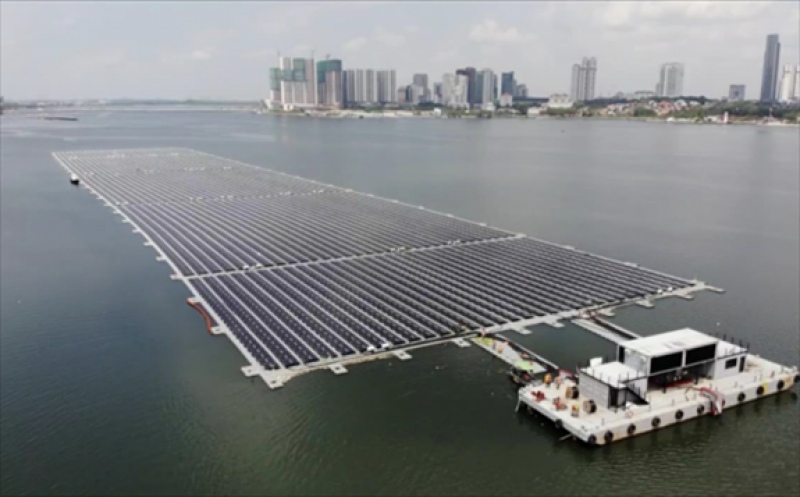
The North West Hydrogen Alliance (NWHA) is calling for Government investment in hydrogen projects to meet ambitious carbon reductions targets in the UK.
A legacy of Theresa May, the commitment to reach net zero carbon emissions by 2050 was enshrined in law earlier this year.
The North West is one of a number of clusters bidding for over £130 million of Government funding to establish the world’s first net-zero carbon industrial cluster by 2040. The North West Energy & Hydrogen Cluster brings together a partnership of companies, regional leaders and academic experts and is home to HyNet, one of the country’s leading hydrogen and Carbon Capture Storage and Utilisation (CCUS) projects.
In a letter to new Secretary of State Andrea Leadsom, the NWHA has pointed to the vital role of hydrogen within the Cluster and urged the new administration under Boris Johnson to emulate its predecessors’ commitment in the Department of Business, Energy & Industrial Strategy (BEIS) to developing a hydrogen economy in the UK.
Professor Joseph Howe, Chair of the NWHA and Executive Director of the Thornton Energy Institute, said:
“The importance of hydrogen in reaching net zero carbon emissions can’t be underestimated. In fact, it’s hard to see how we’ll reach these ambitious targets without it – some might say it’s impossible. In the North West we’ve been working for years on developing a hydrogen economy that can be replicated across the UK. We’re lucky that we have all the elements you need – the industry, the infrastructure and the innovation that could make this a reality.
“Hydrogen has shot to the top of the agenda and is now widely recognised as a vital part of the energy mix. We have the private sector in the North West ready to invest and with Government support we can deliver something that’s transformational not only for the region but for the whole of the UK.”
The announcement comes as the NWHA expands its membership with Otto Simon and Storengy the newest partners to bring their expertise to the organisation.
Otto Simon, an engineering consultancy based in Manchester with a 140 year heritage, is at the forefront of technical innovation in the developing hydrogen market. The company is working on pioneering UK hydrogen projects in the North West which are looking to utilise blended and pure hydrogen as a fuel source.
Peter Creer, Technical Director at Otto Simon Limited said:
“There are some really exciting hydrogen projects taking place right now in the North West. We’re not just talking about developing a hydrogen economy, we’re already doing it. We’ve got a long heritage in this region for innovation and we’ve the skills and technical expertise to deliver.”
Storengy is leading the country in developing modern salt cavern storage for hydrogen with plans to start building a hydrogen storage facility at its Stublach site in Cheshire by 2020. The company is also developing hydrogen electrolysis and transport projects working with a number of partners.
Duncan Yellen from Storengy said:
“Hydrogen storage is an important part of the jigsaw, providing the flexibility to respond to energy demands and ensuring we make the most of our resources. We have unique geology in the North West with salt caverns able to store huge quantities of hydrogen. We’ve already been using them to store gas for years and we’re looking at how they could be repurposed and become part of the decarbonisation story.”
Following its launch in November 2018, the NWHA has established itself as a prominent voice on the development of a hydrogen economy in the region. The organisation brings together some of the biggest names in the region including Atkins/SNC-Lavalin, BOC, Cadent, Costain, INOVYN, Peel Environmental, Shell and the University of Chester to establish the North West of England at the forefront of the UK’s hydrogen journey.
Hydrogen could play a key role in decarbonising the UK’s energy systems and meeting zero carbon obligations, as well as driving regional economic growth. Studies show the development of a major hydrogen cluster could deliver £17 billion in Gross Value Added for the North West, creating nearly 6000 jobs and saving 1 million tonnes of CO2 every year.




